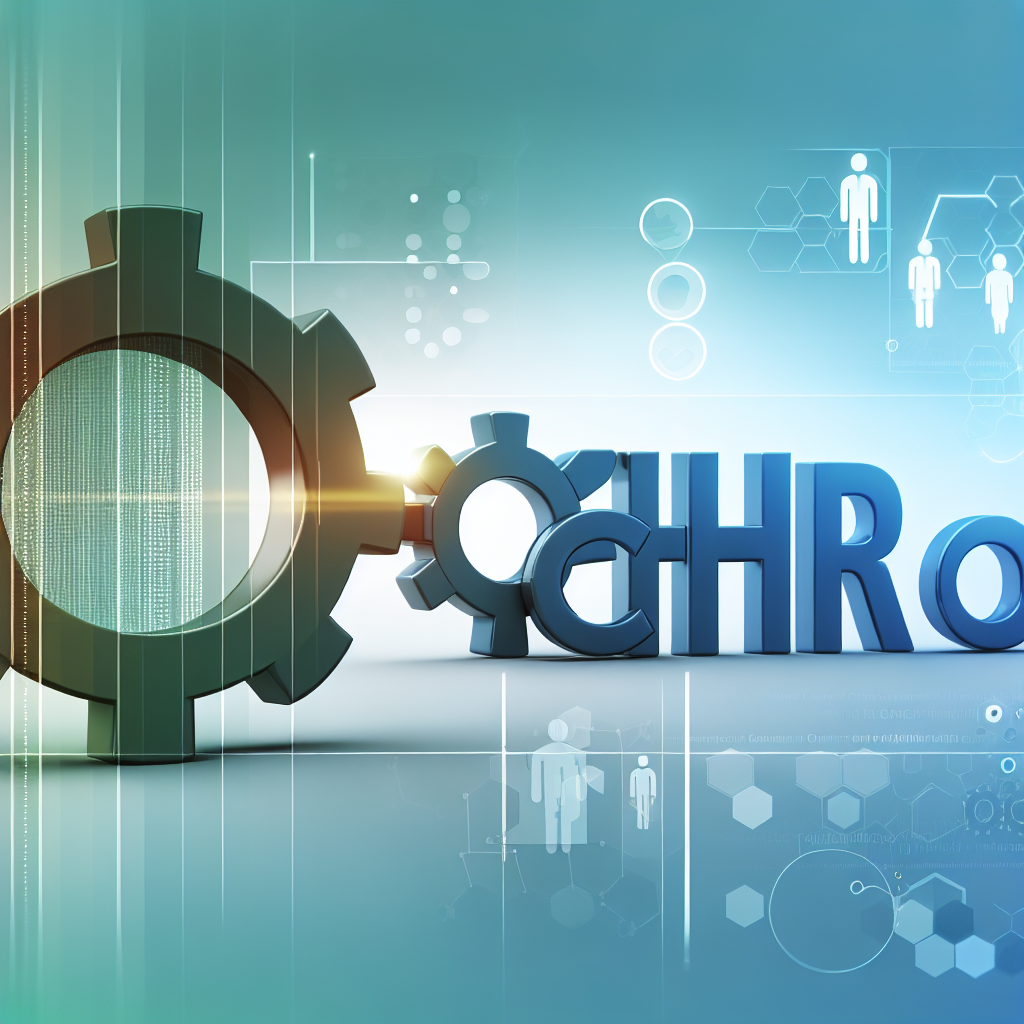
In today’s competitive landscape, the role of the Chief Human Resources Officer (CHRO) has become indispensable. With numerous challenges stemming from a diverse workforce and rapidly transforming markets, CHROs are positioned at the forefront of strategic decision-making within organisations. As we delve deeper into the contemporary significance and evolving responsibilities of CHROs, let us explore how they contribute to enhancing human capital and sustaining organisational success.
Understanding the Role of a CHRO
The full form of CHRO is Chief Human Resources Officer. A Chief Human Resources Officer (CHRO) is a high-level manager responsible for overseeing all aspects of human resource management and industrial relations policies, practices, and operations for an organisation. As leaders, CHROs are pivotal in shaping the workforce and culture of their organisations.
Evolution of the CHRO Role
Over the years, the role of the CHRO has evolved significantly. Initially focused primarily on administrative duties, today’s CHROs are increasingly recognised for their strategic contributions. They play a vital role in championing human capital management across various sectors, adapting to both local and international labour movements.
The Significance of CHROs in Modern Organisations
The importance of CHROs is underscored by various factors, including the complexities of global workforce management and the pressing need for innovative talent acquisition strategies. Let’s examine some key elements that highlight the significance of the CHRO role.
1. Global Workforce Management
As organisations expand their reach, CHROs must manage workforces across different geographical locations, ensuring alignment of human capital strategies with local and international labour laws. This role encompasses understanding regulatory frameworks and cultural variations that influence workforce dynamics.
2. Talent Acquisition and Retention
With the war for talent becoming more intense, CHROs have honed their focus on talent management. Their responsibilities now include creating robust talent pipelines that fuel organisational growth. This involves:
- Identifying critical positions that directly impact business functions.
- Prioritising innovative recruitment strategies to attract top talent.
- Developing and nurturing high-potential employees who serve as a competitive advantage.
3. Adoption of HR Technologies
The digitalisation of HR practices has led to an increased reliance on sophisticated HR management systems (HRMS). CHROs must adeptly manage these technologies to optimise HR functions while ensuring compliance with evolving regulations.
4. Optimising Employee Experience
Creating a positive employee experience is integral to attracting and retaining quality talent. CHROs are responsible for developing compelling employee value propositions that resonate well with current and prospective employees. This encompasses fostering a collaborative work environment and cultivating a culture rooted in trust and empathy.
Current Trends Shaping the CHRO Role
As the workforce landscape shifts, several emerging trends continue to shape the responsibilities of CHROs. Here are a few critical trends that HR professionals should consider:
1. Emphasis on Diversity, Equity, and Inclusion (DEI)
Today’s workforce increasingly values diversity, equity, and inclusion. CHROs must lead efforts to foster a diverse organisational culture that uplifts marginalised voices. This commitment extends to creating equitable workplaces that promote fairness and inclusivity.
2. Focus on Well-Being and Mental Health
As employee well-being gains prominence, CHROs are now expected to implement programs that address mental health and work-life balance. This includes instituting flexible work arrangements and providing resources for mental health support.
3. Data-Driven Decision Making
In this era of big data, CHROs are increasingly leveraging analytics to inform HR strategies. By harnessing data insights, they can make informed decisions that optimise workforce management and drive organisational outcomes.
Benefits Associated with the CHRO Role
Considering the comprehensive responsibilities of CHROs, their contributions yield numerous benefits to organisations. Here are several key advantages:
1. Strategic Leadership
CHROs serve as trusted advisors to the CEO and the executive team, providing strategic guidance that aligns human resource strategies with overarching business objectives. Their insights are crucial for crafting policies that support organisational goals.
2. Talent Development
By prioritising talent management, CHROs contribute significantly to building sustainable competitive advantages. This entails establishing succession plans for key management roles and implementing development programmes that drive employee performance.
3. Compliance and Governance
In a landscape fraught with regulatory complexities, CHROs are charged with ensuring compliance with employment laws. They oversee grievance procedures and address disciplinary matters, safeguarding the organisation against potential legal repercussions.
4. Cultivating Organisational Culture
CHROs play a vital role in shaping organisational culture. By promoting principles of diversity, equity, and inclusion, they create work environments that enhance employee well-being and spur professional growth. CHROs are responsible for instilling a culture that values collaboration and mutual respect.
Conclusion: The Critical Role of CHROs in Shaping Future Workplaces
In summary, the Chief Human Resources Officer (CHRO) embodies a critical executive position with multifaceted responsibilities that extend beyond traditional HR functions. Their evolving role in strategic leadership, talent development, compliance, and organisational culture is paramount for a company’s long-term success. As business environments continue to transform, CHROs will play an instrumental role in driving organisational resilience and adaptability.
For HR professionals seeking to maximise the effectiveness of their organisations, understanding the dynamic influence of the CHRO role is essential. Embracing these insights will undoubtedly pave the way for a more robust approach to human capital management in an ever-changing business landscape.
For further reading and insights, consider the following resources: Perplexity AI on CHRO Role. Stay informed and engaged as the landscape of human resources continues to evolve.
Vadim Kouznetsov is a distinguished entrepreneur and the visionary founder and CEO of JobXDubai.com, the UAE’s rapidly expanding job board. Renowned for his expertise in bridging the gap between job seekers and employment opportunities, Vadim has become a leading authority in the recruitment and job market of Dubai.
